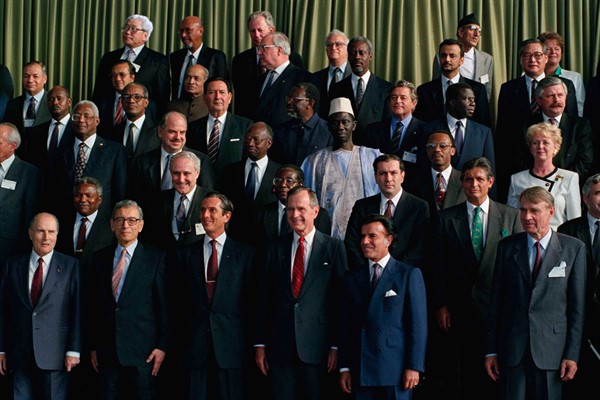Nearly three decades after it emerged from the landmark “Earth Summit” in Rio de Janeiro, the Convention on Biological Diversity has been ratified by 196 countries; the United States is the sole remaining holdout. This failure of global leadership is unconscionable and self-defeating, given continued, catastrophic declines in biodiversity that could see roughly 1 million species disappear in the coming decades. America must finally become party to this “Treaty of Life.”
The Biden administration should promptly submit the U.N. biodiversity convention to the Senate for its advice and consent, while refuting several misconceptions that continue to underpin political resistance to the treaty in Washington. Contrary to what critics allege, the convention poses no threat to U.S. sovereignty, requires no change in America’s environmental laws, imposes no onerous financial burdens, and poses no risk to U.S. commercial interests.
At first blush, the U.S. failure to ratify the biodiversity convention seems inexplicable. America has been a global leader in domestic environmental conservation since the 1970s, including through measures like the Endangered Species Act of 1973. It also spearheaded the early push for a global biodiversity treaty during the 1980s. In a 1991 message to Congress, President George H. W. Bush lauded America’s domestic environmental legacy, while reminding legislators that “environmental threats do not stop at a line on a map.” Bush called for the U.S. “to broaden our dialogue with other nations and international institutions and together address environmental issues that know no boundaries.”

